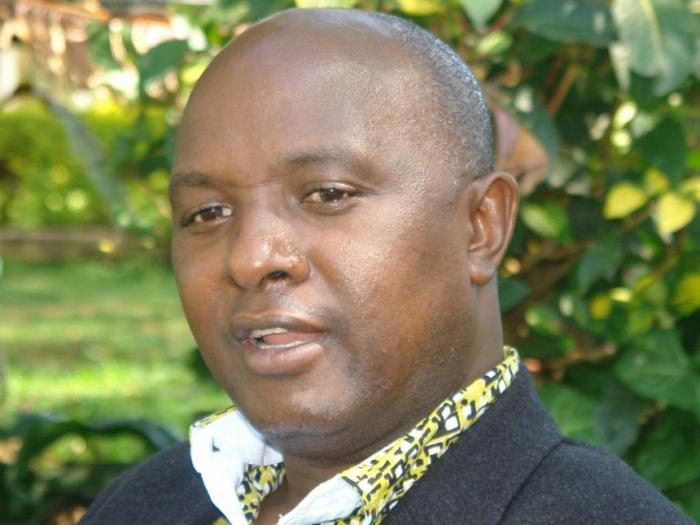advertisement
Kenya’s controversial ICT Practitioners Bill re-emerges
Kenya’s ICT sector was rocked when the ICT Practitioners Bill 2016 was re-introduced last year, especially as ICT Cabinet Secretary…

Kenya’s ICT sector was rocked when the ICT Practitioners Bill 2016 was re-introduced last year, especially as ICT Cabinet Secretary Mr. Joe Mucheru had said the bill could kill innovation. After much criticism of the bills intentions it was shelved, but now it is back again.
The initial ICT Practitioners Bill 2016, was sponsored by Majority leader, Hon. Aden Duale, and aimed establish an ICT Practitioners Institute charged with registering and licensing ICT practitioners and approving training programmes.
According to the bill, for one to be licensed, he /she must be a holder of a Bachelor’s Degree in ICT or related field with at least 3 years of relevant experience. The bill initially caused uproar from techies in Kenya, as it was largely regarded to have a limited scope of the ICT sector.
advertisement
Now though, the ICT Practitioners Bill 2016 is back, this time sponsored by Nominated Member of the National Assembly, Hon. Godfrey Osotsi, and with some proposed changes that seem to have some techies, such as Ali Hussein, Co-Founder & CEO FinteXX, feeling cautiously optimistic.
“The ICT Practitioners’ Bill is back on Parliament’s Agenda This time sponsored by Parliamentarian Hon. Godfrey Osotsi. This time we may be getting it right. I’m holding my comments on this emotive issue until we see the draft bill. He however promises widespread public participation,” posted Hussein on his LinkedIn page.
Widening the scope
“There were a lot of concerns from the sector as to the definition of the title “ICT Practitioner” in the bill as it limited a practitioner to a person who holds a degree in computer science, or a related field, that has been improved in the proposed bill,” said Hon. Osotsi, on the above mentioned video.
According to Osotsi the bill will now take into consideration individuals from other fields which are closely related to ICT, such as: engineering, physics, mathematics, BBIT and any degree or diploma holder with a certain amount of experience in the ICT industry. The bill also provides room for young innovators, without degrees or diplomas, to continue churning out great ideas that shall be subject to approval by the Council of the Institute.
advertisement
“The Council in the initial bill was largely going to be government driven. But this one has been designed such that it is going to be largely a member driven council, majority of the members of the council are going to be ICT practitioners themselves,” he added.
Hon. Osotsi pointed out that the draft is currently on the initial stages, once done the bill will undergo the parliamentary procedures and then be taken for public participation for industry stakeholders to improve upon it.
“It is critical for us to regulate the profession. Not as a way of stifling innovation but as a way of bringing some order in the industry. At the appropriate time we shall have an engagement into the details contained in the draft. But essentially the powers have been given to the members, licenced practitioners, in terms of running of the council and the institute and also we have broadened the definition of an ICT practitioner, ” he continud.